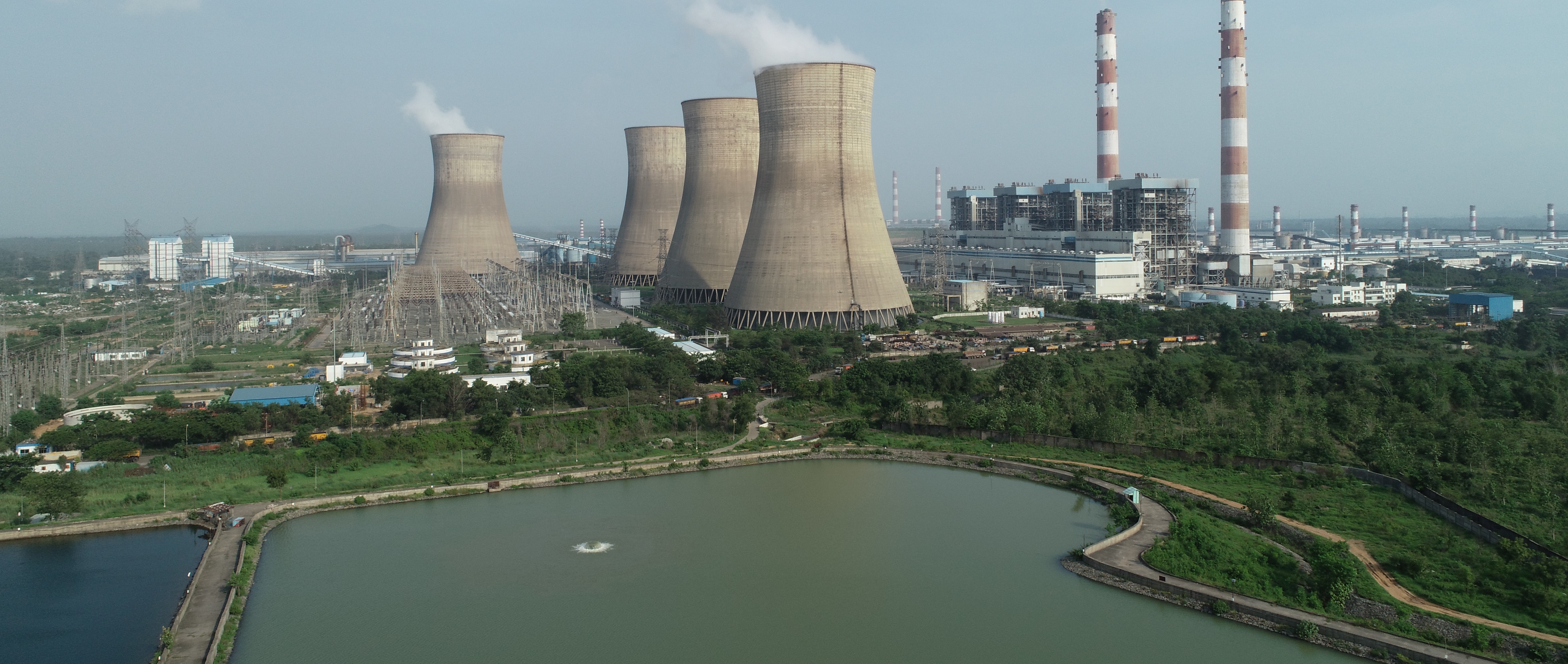Vedanta Aluminium Business, India’s largest producer of the aluminium and value-added products, has recycled 16.5 billion litres of water in FY 20-21, leveraging technology for focused control and monitoring of water consumption. The water saving projects across its alumina refinery, aluminium smelters and power plants have alone resulted in water conservation to the tune of 700 million litre.
Vedanta Aluminum’s operations are guided by the Vedanta Sustainable Development Framework, which includes a robust suite of technical and management standards and guidance notes developed in line with global sustainability management practices aligned to the International Financial Corporation (IFC), International Council for Mining and Metals (ICMM), Global Reporting Initiative (GRI). The company’s Water Management Policy guides its efforts towards exploration of opportunities for reducing the water consumption and encourages increased water reutilisation and zero liquid discharge from operations, in line with Vedanta’s commitment to the 6th UN Sustainable Development Goal – Clean Water and Sanitation.
Adding to the long list of ongoing water conservation projects, Vedanta has recently operationalised another roof-top rainwater harvesting system. Set up at its Captive Power Plant in Jharsuguda, the rainwater harvesting system has a collection capacity of at least 56,000 litres of water, which will be used within the plant for various purposes. Vedanta has also partnered with Government of Odisha’s Soil Conservation and Watershed Development division to develop 19 farm ponds in various villages of Lanjigarh region, which is not only helping local farmers irrigate their crops but also undertake aquaculture as a parallel livelihood opportunity.
Speaking about Vedanta Aluminum’s ongoing water conservation efforts, Rahul Sharma, CEO, Aluminium Business, said, “At Vedanta Aluminium Business, all of our business decisions are governed by the core tenets of ‘Zero Harm, Zero Waste and Zero Discharge’. Our vision of water stewardship is rooted in the understanding that water is a shared resource that is crucial to sustaining the ecology and communities around us. Our Water Management Standard outlines structured tracking and monitoring of local water availability, along with estimation of future changes, and we have put in place a robust water management system that takes into account all of these.”
Vedanta Aluminium has a hawkeyed focus on optimising water consumption across its value-chain and increasing the share of recycled and reused water. Towards conserving freshwater, and ensuring maximum recycling and reutilisation of water, the company has undertaken robust measures, such as:
-
Conducting water-screening assessment across all business units to identify potential environmental and social impact, and subsequently, develop and implement stringent control measures to ensure zero discharge operations.
- Integration of water management into decision-making processes for all projects.
- Continuous and online monitoring of water parameters that are clearly defined for each business unit.
- Regular water consumption related audits, and appropriate measures to ensure continually improved performance.
- Monitoring and control of the main process water pipe valve through SCADA (Supervisory Control and Data Acquisition) system.
- Optimisation of freshwater intake by maximising usage of water recycled through state-of-the-art Effluent Treatment Plants (ETP), augmented with Ultra
- Filtration (UF) and Reverse Osmosis (RO) equipment.
- High-end treatment, including water softeners, to improve quality of recycled water.
- Specific Water Consumption reduction institutionalised as an important Key Performance Indicator (KPI) for each Business Unit.
- On-site water reservoirs have been created for water sourcing during contingency scenarios.
- Response plans for extreme weather conditions, including unprecedented heavy rainfall, have been developed at sites.
- Vedanta also supports the local communities in securing access to good quality water, by aiding the local governments in supplying drinking water to peripheral communities during summer months.
- Helping farmers in the community adopt drip-irrigation, treadle pump, solar powered water pumps, rainwater harvesting structures like percolation tanks to boost irrigation potential and reduce dependence on monsoons for cropping.
- The company has built several water-related community infrastructures like tube wells, bore wells, ponds, and percolation tanks to help communities access water for household and irrigation purposes.
Vedanta Aluminium Business, a division of Vedanta Limited, is India’s largest manufacturer of aluminium, producing half of India’s aluminium at 1.96 million tonne per annum (MTPA) in FY21. It is a leader in value-added aluminium products that find critical applications in core industries. With its world-class aluminium smelters, alumina refinery and power plants in India, the company fulfils its mission of spurring emerging applications of aluminium as the ‘Metal of the Future’ for a greener tomorrow.





















